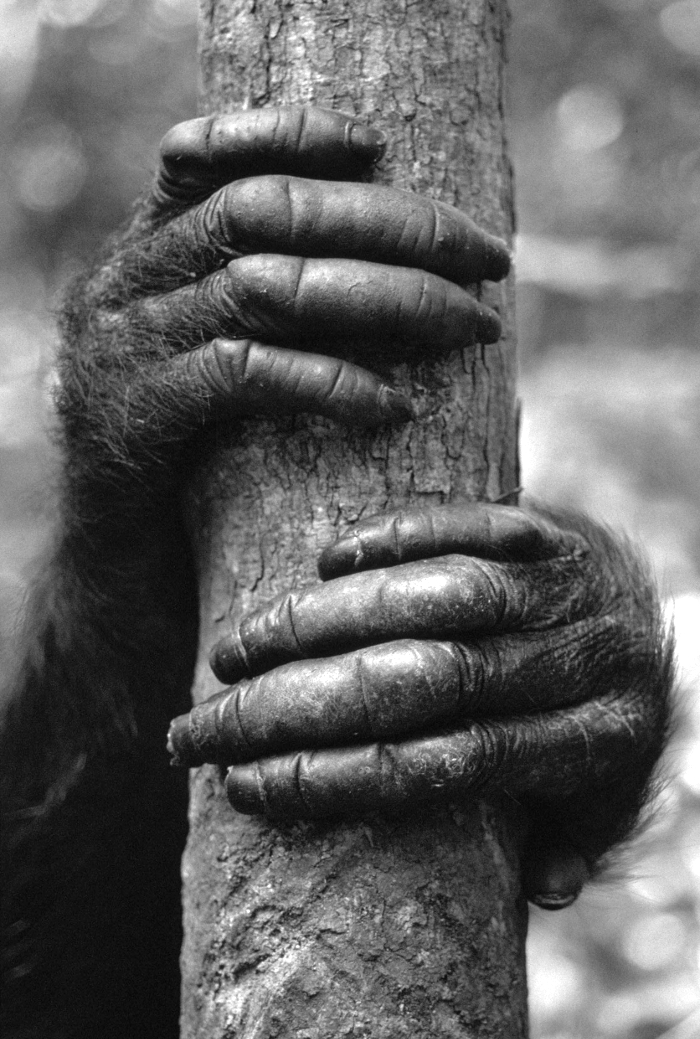Chimps prefer working together
 Researchers say chimpanzees are five times more likely to cooperate than compete.
Researchers say chimpanzees are five times more likely to cooperate than compete.
The study challenges the idea that humans are unique in their ability to cooperate, suggesting the roots of human cooperation are shared with other primates.
To test the competitiveness of our close biological cousins, scientists set up a cooperative task that closely mimicked chimpanzee natural conditions.
It provided 11 great apes with an open choice to select cooperation partners, and gave them a number of ways to compete.
The chimps had the opportunity to pull cooperatively at an apparatus filled with rewards. In half of the test sessions, two chimpanzees needed to participate to succeed, and in the other half, three chimpanzees were needed. The set up also provided ample opportunities for competition, aggression and freeloading.
After running 94 test sessions for an hour each, the chimpanzees performed cooperative acts 3,565 times – overwhelmingly choosing cooperation over competition.
The chimpanzees even used a variety of enforcement strategies to overcome competition, displacement and freeloading, which the researchers measured by counting attempted thefts of rewards.
They observed the chimpanzees directly protesting against others, and refusing to work in the presence of a freeloader.
More dominant chimpanzees were seen intervening to help others against freeloaders, usually in response to aggression between the freeloader and the chimpanzee that was cooperatively working with others.
Malini Suchak PhD, lead author of the study, says it is strong evidence against the belief that cooperation is a human tendency.
“Previous statements in the literature describe human cooperation as a 'huge anomaly' and chimpanzees as preferring competition over collaboration,” Dr Suchak said.
“Studies have also suggested researchers have to ‘engineer cooperation’ during experiments rather than acknowledging chimpanzees are naturally cooperative.
“When we considered chimpanzees' natural behaviours, we thought surely they must be able to manage competition on their own, so we gave them the freedom to employ their own enforcement strategies.
“It turns out they are really quite good at preventing competition and favouring cooperation.
“In fact, given the ratio of conflict to cooperation is quite similar in humans and chimpanzees, our study shows striking similarities across species and gives another insight into human evolution,” she said.
“The natural world is full of cooperation, from ants to killer whales,” said fellow author Frans de Waal, PhD.
“Our study is the first to show that our closest relatives know very well how to discourage competition and freeloading. Cooperation wins!”







 Print
Print